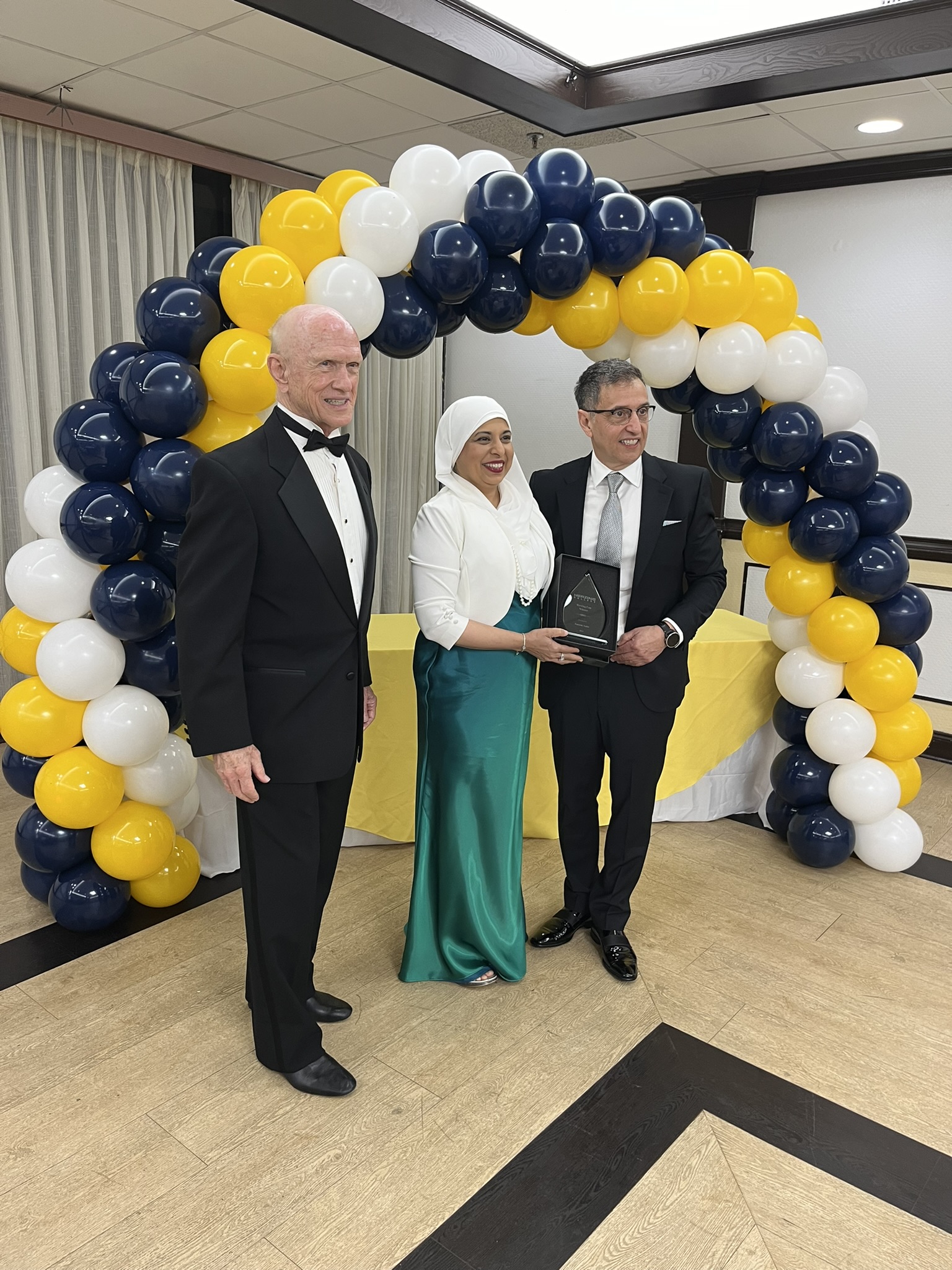Pretty well every modern business wants to establish its online presence and connect with customers through digital channels. That means skilled digital marketing professionals who can navigate the complex landscape of search engines and social media platforms are in demand.
But how do you actually get started in this field? What areas can you specialize in? And how can you make yourself stand out to an employer?
Help is here! In this post, we walk you through seven essential steps you can follow to launch a successful digital marketing career.















